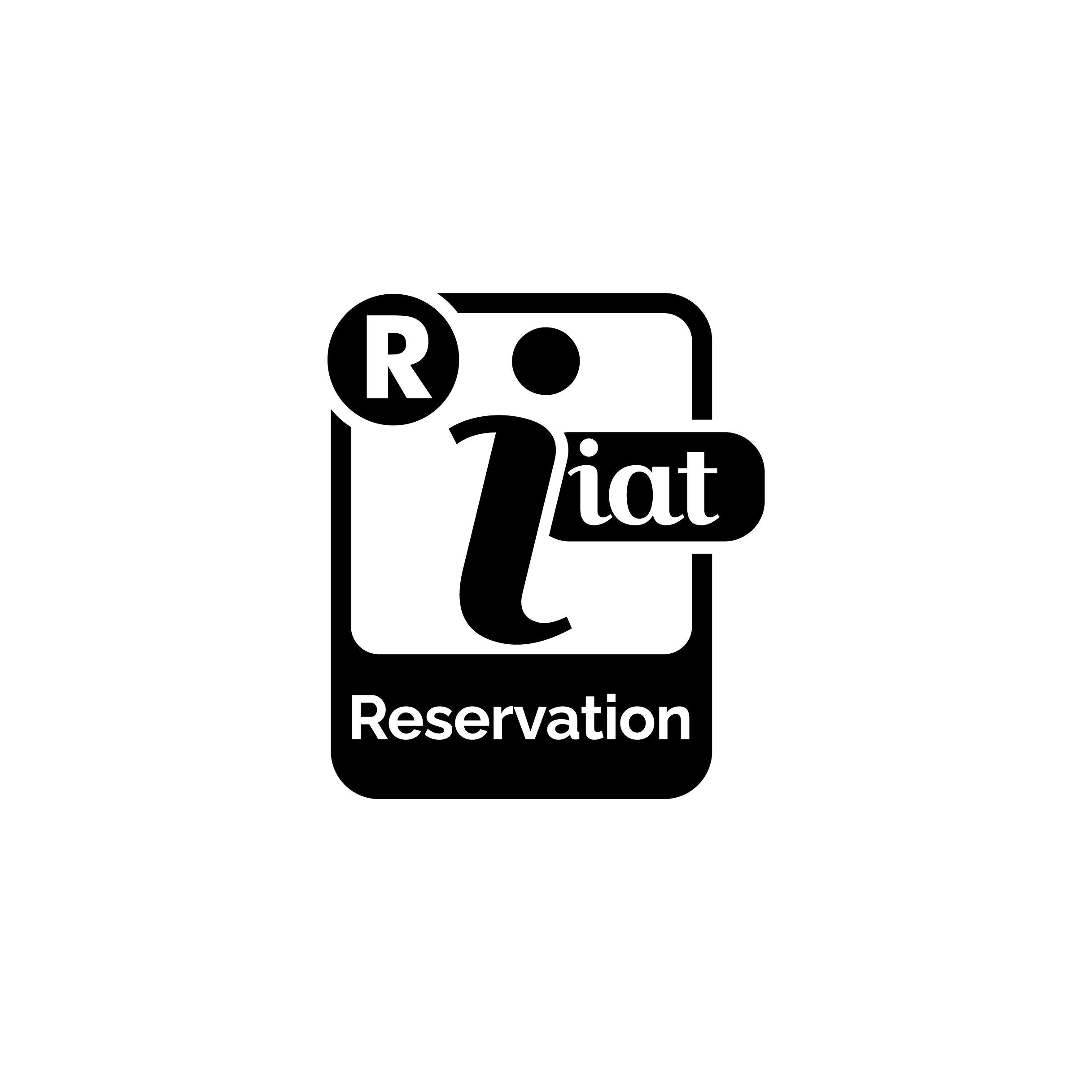San Pellegrino Bridge
Address
Via Martiri della Bettola - 42123 Reggio nell'Emilia
How to get there
Reggio nell'Emilia
The Bridge is located in the southern area of the town along SS63 (Main Road 63).
Historical notes
In the XVIII century, at a time of public utility great works, the area of Porta Castello, south of the town, under the impulse of the construction of the "Great road to Tuscany", in the direction of the Passo del Cerreto, was the scene of rapid succession of the restructuring of the Porta itself, today viale Umberto I, and the construction of the bridge over the Crostolo river at the end of the road. The works were entrusted in 1778 to Ludovico Bolognini, architect of public works in Reggio. Bolognini's project, completed in 1791, led to the creation of a work with face equipment, masonry parapets and pillars on which two statues representing the Panaro and Secchia rivers were placed in 1802. These two statues, together with the one depicting the Crostolo river (now located at the top of the fountain in Piazza Prampolini) were part of the magnificent and complex architectural decoration of the park of the ducal palace of Rivalta. The three statues were sold to the Municipality in 1802 by Bernardino Lolli who had purchased the complex. The attribution of the three statues is uncertain: some believe them to be works by Giuseppe Re di Castelvetro who had made numerous other sculptures for the Delizia di Rivalta, others instead by Giovan Battista Bolognini.The bridge suffered damage during World War II, hit by a bomb dropped by a fighter-bomber. In the post-war period, the repairs began led to the recovery of the building; in particular, the parapet damaged by the explosion of road bombs was remade, changing its morphology. In the late eighties the bridge was considered unsuitable because of the road traffic, so it was expanded with widening of the roadway and construction of two sidewalks, which however left the main wall structure and the original architectural lines unchanged.





